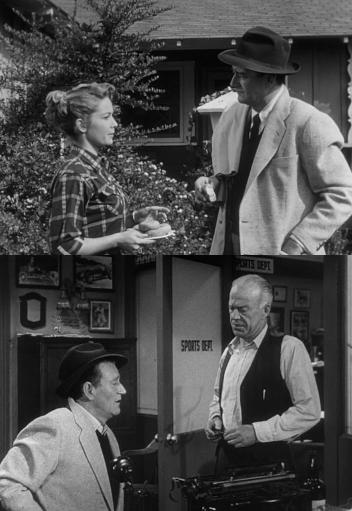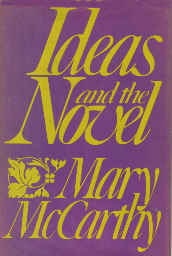This essay, published in Film Comment in September-October 1976, represented one particular round in a series of initiatives and polemical forays I conducted on behalf of Jacques Rivette’s Duelle, which included getting it into the Edinburgh International Film Festival that year (and then writing about that festival at length in the Winter 1976/77 issue of Sight and Sound). One part of my effort was to engage the attention and interest of writers associated with the English theoretical magazine Screen, and this portion of the effort mainly failed: the principal response of the Screen writers who bothered to see it, as I recall in terms of their comments to me, was that it was basically warmed-over Cocteau and/or Franju — a reaction that I consider now, as I did then, to be rather obtuse and philistine. On the other hand, I no longer relish Duelle with quite the same fervor that I did at the time, even though there are certain moments in Jim Jarmusch’s very pleasurable The Limits of Control, that remind me of it. (Nowadays I prefer L’amour fou, both versions of Out 1, and Celine and Julie Go Boating — for me the peaks of Rivette’s work.) Read more
This appeared in The Soho News on March 11, 1981. A month earlier, I had launched a kind of weekly column there called “Declarations of Independents” that was in diary form — a bit like some of my Paris Journals and London Journals for Film Comment during the 70s –- and this was the third of these. — J.R.

Feb. 24: Why go all the way to the Thalia tonight to see five Screen Directors Playhouse episodes, all half-hour TV shows from the mid-50s? Two professional reasons spring to mind, both essentially recycling operations. As often happens in such cases, I feel myself split between the two — processes that honor my asocial aesthetics on the one hand, my social politics on the other.
Auteurist Retrieval technology (we’ll call it ART for short) — cultivated by me and a lot of other film freaks in the late 60s — is predicated on the pleasure of recognizing the taletale signs of favorite directors in all sorts of unlikely material. And what better excuse to put ART to work than patriarchal episodes by John Ford, Leo McCarey, Frank Borzage, Tay Garnett, and William Seiter? Indeed, to narrow the focus down to the evening’s main event, what better specimen could one hope to find but a crisp 35mm print of Ford’s Rookie of the Year, made immediately before his masterpiece The Searchers, with the same scriptwriter (Frank Nugent) and no less than four of the same actors — John Wayne, Pat Wayne, Vera Miles and Ward Bond — playing central roles? Read more
This review, from the February 4, 1981 issue of The Soho News, is most likely harsher than it needed to be. Since Mary McCarthy’s death, I’ve been moved to reformulate some of my positions about her after reading the wonderful book Between Friends: The Correspondence of Hannah Arendt and Mary McCarthy 1949-1975 (New York: Harcourt Brace Jovanovich, 1995) edited by Carol Brightman, which reveals a side of McCarthy that seems quite contrary to her much better-known bitchiness as a critic. It proves to me that unforeseen and unforeseeable sides of some people tend to come out only in specific relationships with certain other people, and the loving generosity of McCarthy’s letters to Arendt are a particular striking example of this. —J.R.

McCarthy’s Law
Ideas and the Novel
By Mary McCarthy
Harcourt Brace Jovanovich, $7.95
Despite her wicked way with some words and ideas, Mary McCarthy has never exactly thrilled me with her aesthetics. With a taste stuck so comfortably, nostalgically, even trivially in the prosaic 19th century that even the avant-garde that she values often seems furnished with fog and brass doorknobs à la Doyle, Verne, or Poe, her acute critical intelligence usually whiles away its time polishing statues and suits of armor — rather like the New York Times Book Review — whenever she turns to the Novel. Read more


